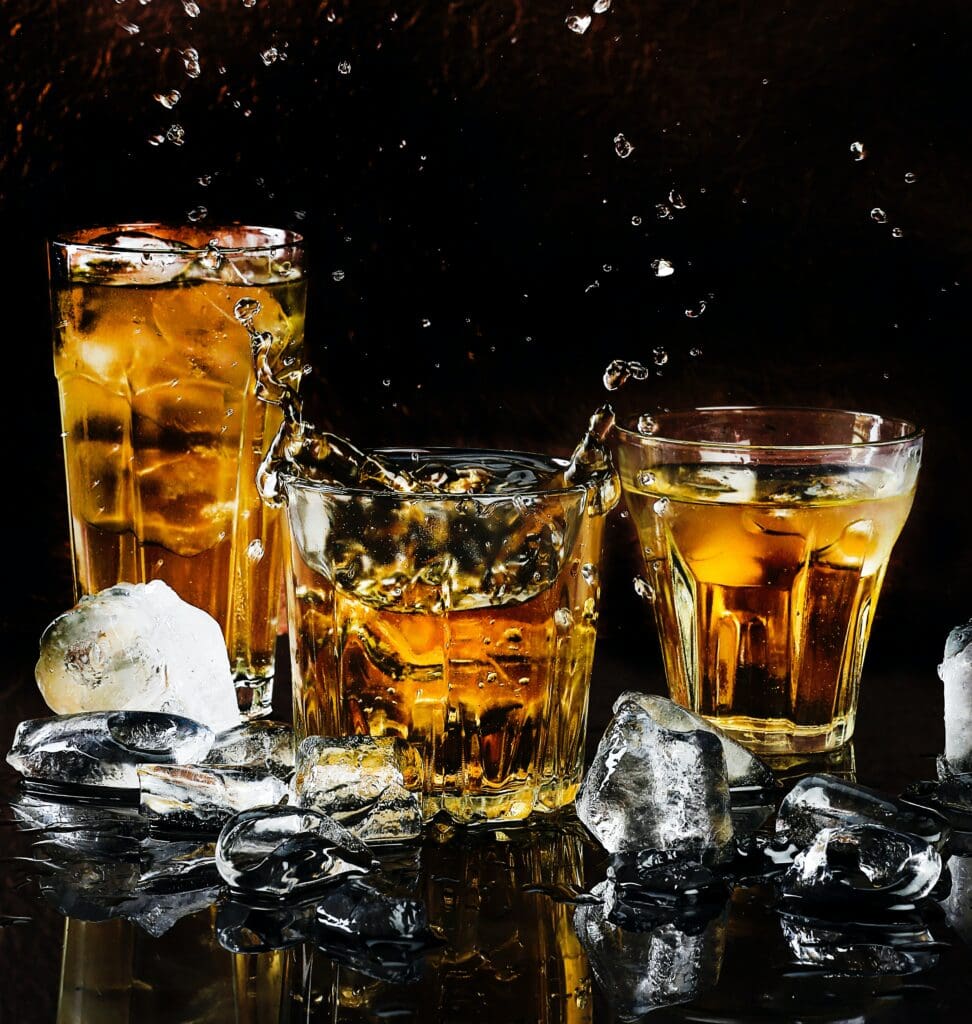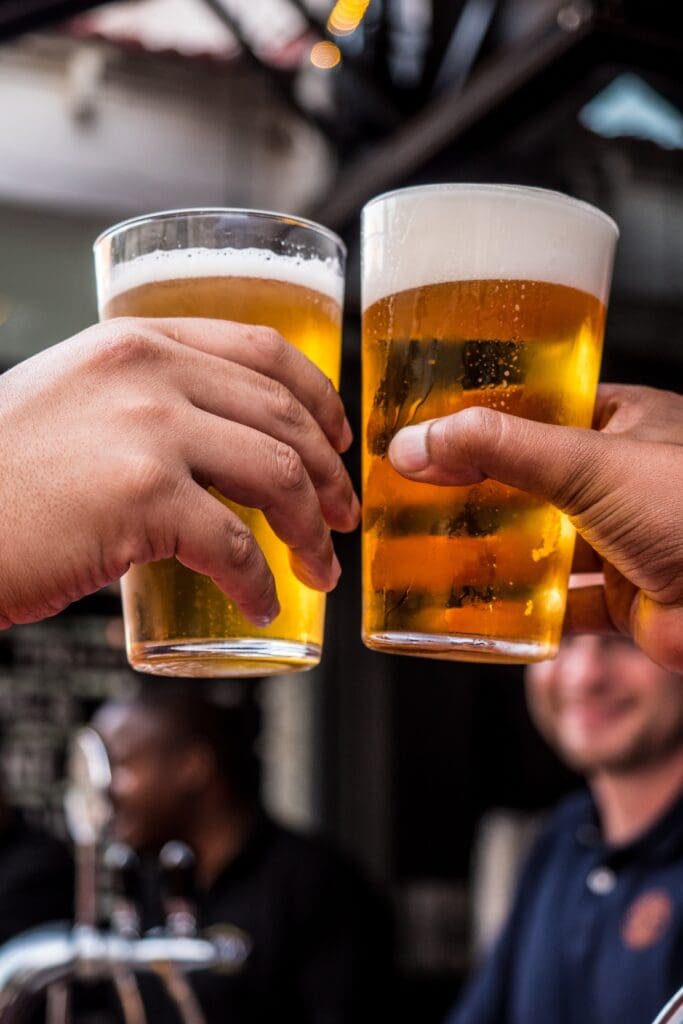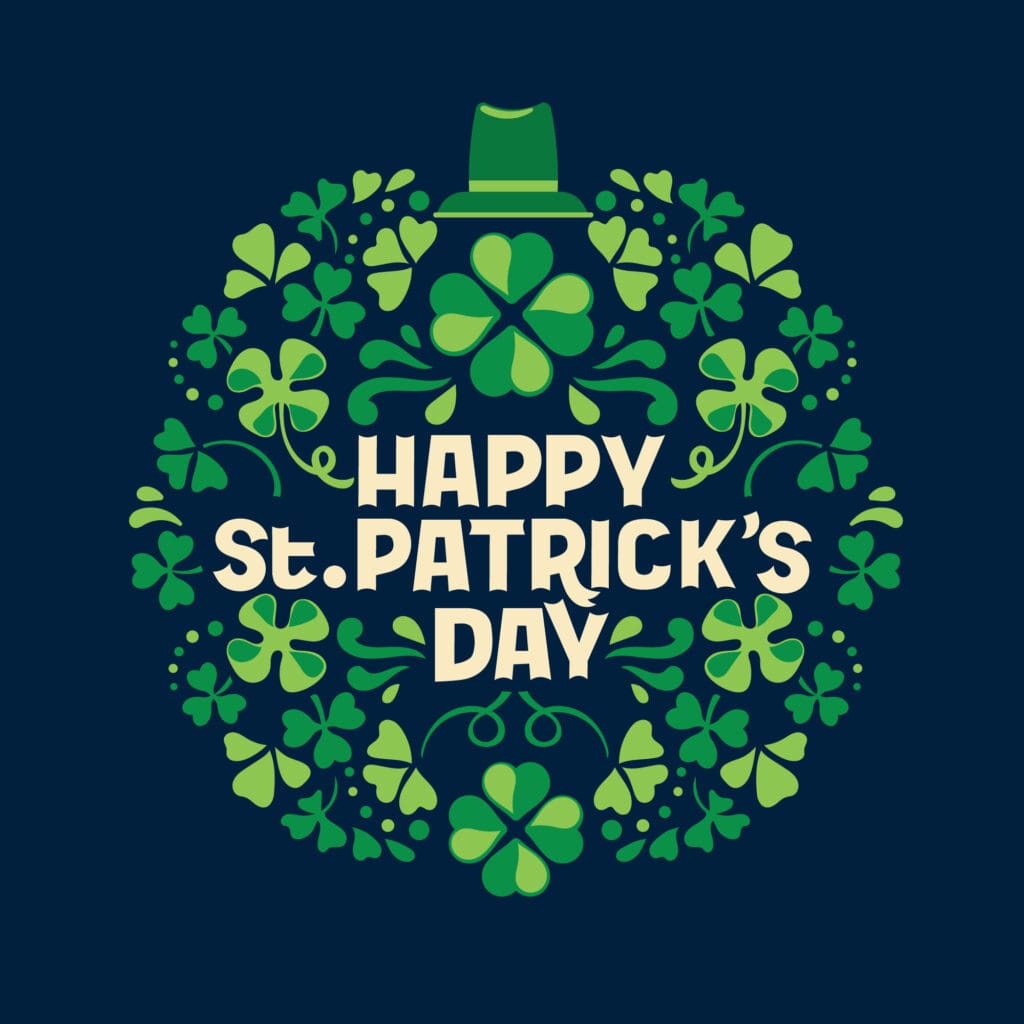A Guide to Dram Shop Laws
St. Patrick’s Day is drawing near and the pipes are calling all down the Potomac and across the Beltway region. Despite its origin as a religious feast day, St. Patrick’s Day has evolved into a decidedly secular celebration of Irish heritage. Free-flowing alcoholic beverages, rowdy parade crowds, and collective spring fever are a common sight at St. Patrick’s Day celebrations all across America. We here at Malloy Law Offices wish to advise all our neighbors and clients to celebrate responsibly. If you do drink, do so in moderate, reasonable quantities. Under no circumstances should you drive while under the influence. It may also be beneficial for any revelers to familiarize themselves with legal statues concerning alcohol consumption. This includes “dram shop” laws. You may not be aware of these laws, so allow us to explain in this DC Dram Shop law introduction.
The Origins of Dram Shop Laws
Dram shop laws are liability statues that allow retail establishments to be held liable for damages caused by serving alcohol to minors or already-intoxicated persons. These laws generally find their domestic origin in the Temperance movement. This wave of political activism sought to curtail alcohol abuse and the various social ills thought to stem from it. The Temperance movement would eventually culminate in the national prohibition of alcohol in the early 20th century. Prohibition has long since come and gone, but Dram Shop laws remain on the books in many US states.
The term “Dram Shop” actually traces its roots back to 17th century Britain. A “dram” is a unit of liquid measurement roughly equivalent to three quarters of a teaspoon. A “dram shop,” then, was a bar, pub, tavern, or inn serving alcohol by the dram. In modern parlance, this extends to any establishment licensed to serve alcohol in any quantity or form factor. This covers the obvious outlets such as bars, restaurants, and breweries. But you may be surprised to learn dram shop laws even extend to stadiums and liquor stores.
Dram Shop Laws and Liability: Real World Examples
One of the most common scenarios where these laws may come into play is in the case of a car accident where one of the drivers was intoxicated. If the drunk driver is found to have been served to the point of noticeable intoxication at a retail establishment, the other parties involved in the accident may seek damages from both the driver and the establishment where they were drinking prior to the accident. Proving negligence in these cases may present significant difficulties. Dram shop employees are often unable to determine someone’s level of intoxication. Furthermore, they’ll likely have no indication that one of their patrons plans to operate a motor vehicle after an extended session at their establishment.
It may interest you to know that, in some states, the intoxicated party may be able to seek damages directly from the establishment that over-served them. If you are injured as a result of drunkenness, you may be able sue the business or server. However, most states prohibit these claims if the injured party is of legal drinking age.
Dram Shop Laws in the Beltway
The District of Columbia still has a dram shop law on the books. But residents of the broader Beltway region should note that both Virginia and Maryland are among the handful of states that do not. This by no means bars those injured by intoxicated individuals from recovery. But it does mean damages can’t be sought from the alcohol vendor.
How Malloy Law Can Help
Malloy Law wishes a happy and festive St. Patrick’s Day to all who plan to celebrate. We once again encourage you to observe the holiday responsibly and safely. However, if you or a loved one finds themselves injured due to the negligence of another party, intoxicated or otherwise, contact Malloy Law as soon as possible. Our experienced and diverse legal team is standing by to evaluate your case free of charge. We will pursue the maximum possible compensation on your behalf, freeing you to focus on your recovery. Our firm prides itself on a winning culture that stresses empathy for the injured and individual attention for all our clients. Don’t wait, contact Malloy Law today to get started.



